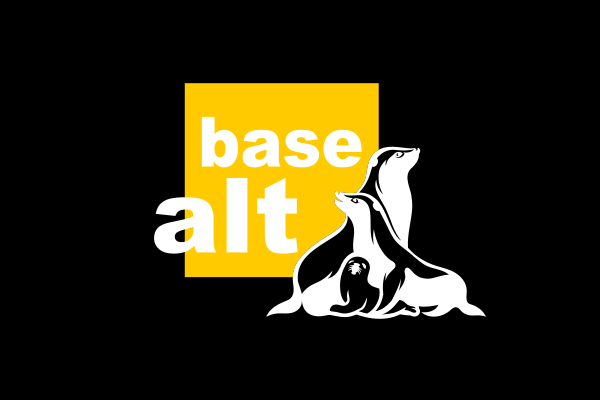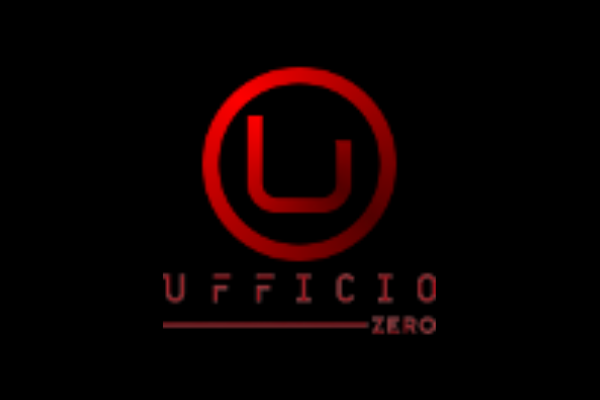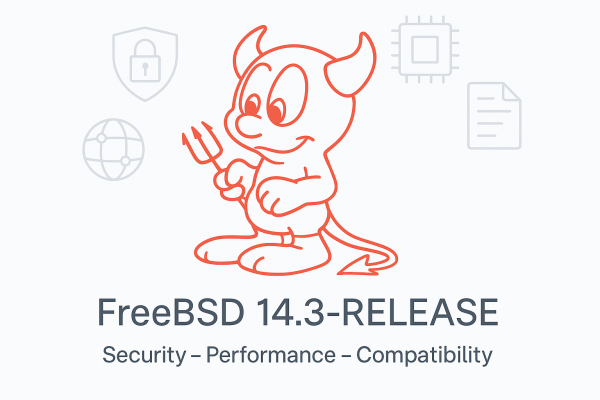The Open Web Index (OWI) is an open-source initiative under the European Union’s Horizon Programme, aimed at democratizing web-search technologies and strengthening Europe’s digital sovereignty. The project will launch in June 2025, providing a common web index accessible to all and decoupling the indexing infrastructure from the search services that use it. In doing so, the OWI offers not only technical innovations but also a paradigm shift in the global search market—today, a single player (Google) holds over ninety percent of the market share and determines access to online information.
The project’s core idea is to make web crawling, metadata enrichment, and indexing a shared European resource. Development takes place in large data centres that process terabytes of raw data each day and publish the entire index as open data. All software components are open-source, and the CIFF format ensures that systems based on Lucene, Solr, or Terrier can connect to the OWI seamlessly. Thus, with minimal effort, researchers and developers can create vertical search engines that rank results according to specific criteria such as sustainability or privacy priorities.
Processed web content is enriched with diverse metadata, enabling services built on top of it to implement customized ranking strategies. This allows users to search according to their preferred values and developers to train specialized language models that do not depend on commercial databases. According to a market analysis conducted in September 2024, the macroeconomic value of a common web index could reach into the billions of euros, underscoring the strategic importance of this initiative for Europe’s digital economy.
After several years of collaborative development, the OWI was finalised in spring 2025. In December, the consortium—expanded by nine new partners—secured nearly €1 million in additional funding, and in February, project leaders celebrated a key milestone in implementing the federated data infrastructure. The official public launch took place in mid-May, and the initial results will be presented this summer at the Next Generation Internet Forum in Brussels.
Although initial funding and development have concluded, ensuring long-term sustainability remains a priority. The consortium is continuously exploring organisational and community models to support the OWI beyond the Horizon Programme. Additionally, regular webinars are held for educational and professional communities, where participants can learn about developing search applications and the practical implementation of the system’s architecture.



































